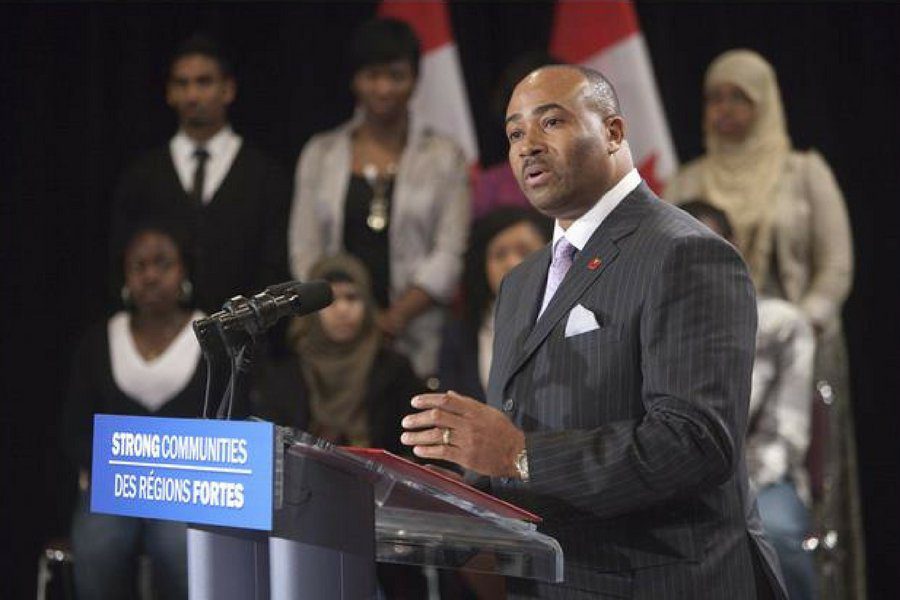We need to talk about resignations of elected officials in this country. Three recent examples come to mind.
Don Meredith, an Ontario Conservative senator and evangelical pastor, is blasted in a report by the Senate Ethics Officer for an "inappropriate relationship" with a teenager. In the past, he was also accused of inappropriate sexual advances against female staffers, and falsely claiming to have a doctoral degree. The Government Representative in the senate has called on him to resign. He's already expelled from the Conservative caucus. He should resign.
Another case in the Senate blew up this month with Senator Lynn Beyak, who inexplicably suggested we should focus on the good intentions of those who ran residential schools, rather than condemning what many regard as a cultural genocide. She also previously said some questionable things about gays and lesbians, and made what can only be characterised as transphobic comments. An Indigenous NDP MP has called on her to resign for seemingly excusing cultural genocide and abuses against Aboriginal children. Others no doubt will too. She should, at the very least, be booted from the Conservative caucus over these remarks.
In York Region, former school board Trustee Nancy Elgie's case captured headlines all winter. Elgie first denied using a racial slur against a black parent, before then admitting she called a parent the n-word accidentally, before then admitting she was suffering from a concussion and probably should not have been making decisions at the school board at all, before refusing to resign and offering a word salad of psychobabble about restorative justice, before eventually bowing to public pressure to resign in a tearful, ten-minute video.
The Elgie case is instructive. Had she been honest and upfront immediately and apologised right away, she might have been able to get away with her suggested solution of a leave of absence and sensitivity training. Speaking to parents, there was a sense that by the time Elgie got around to apologising, she was already so tainted for having denied the accusation, she had to go. But getting her to resign took months, and an escalating serious of demands for her resignation first had to occur, with angry parents doing all they could to put pressure on her to resign, and on other politicians to force her to do so. It eventually took the board chair, a majority of trustees and provincial and national politicians, and editorialists to get her out.
Throughout Canadian politics, this seems to be the formula when a politician does something inexcusable: it takes a crescendo of public pressure to overwhelm the embattled politician's attempts to stay in power to force a resignation. It can take months. There's something perverse about this process. It places undue pressure on victims to make their public case as to why the politician should resign. That's no doubt traumatic in some cases.
Do we need recall legislation? This is a perennial pet goal of populist politicians, predominately on the right. But it's not altogether a bad idea.
Done correctly, a process could be put in place to force politicians to resign when they commit an ethical transgression. Codifying a process whereby an ethics officer conducts a fair investigation, based on ordinary principles of natural justice, would be a first step. Such a report could then conclude with a recommendation the elected official should resign, if, say, 2500 of his or her constituents were to sign a petition to that effect. Such a process would allow for both a formal investigation and require citizens to make their intention plain.
This suggestion might seem laborious, and no doubt the public pressure campaigns would still occur to try to preempt the process, but it seems evident that we need some sort of a process in place to provide for citizens the right of recall over bad politicians who have committed serious ethical lapses. This systematic approach also provides a system to guard against less serious recall proposals that could simply be abused whenever citizens object to policy decisions, such as tax increases, that are more appropriately adjudicated at the ballot box.
Codifying a recall process for serious ethical lapses is a sensible reform that is regrettably necessary. It should be considered as part of the government's democratic reform discussions, and considered as well at the provincial and municipal levels.
Photo Credit: Huffington Post






